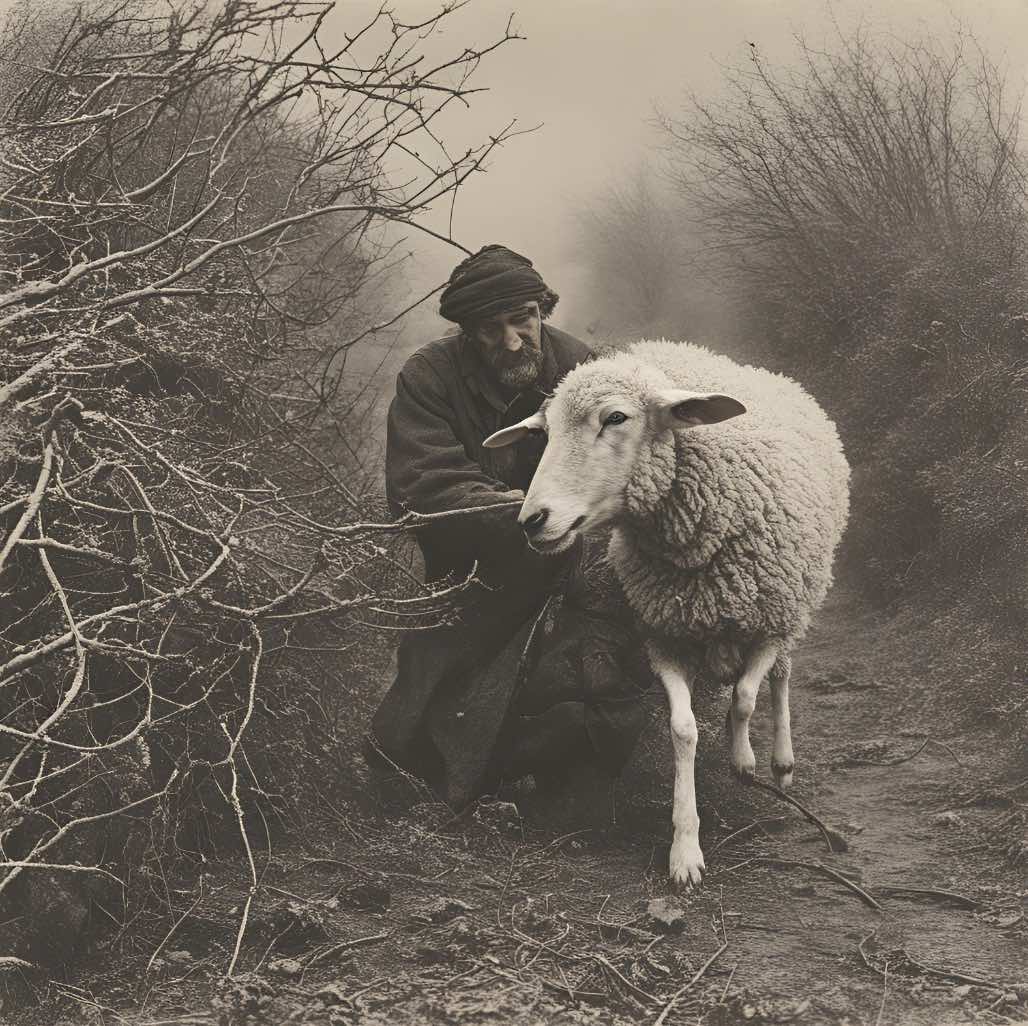 September 22-October 6, 11:30am-12:30pm, in the Lounge
September 22-October 6, 11:30am-12:30pm, in the Lounge
Rick Osmer and Kristie Finley
How does reading affect our ability to think and act morally? How can we encourage children and youth to explore their moral universe through reading? And how does popular fantasy literature like the Harry Potter books spur this kind of exploration? In the Lounge.
Week 1: Why Reading is Important in an Age of Cyber-Culture
As young people spend more and more time interacting with new media, “deep reading” is becoming imperiled. This session helps parents and grandparents understand the important role of reading in an age of cyber-culture, giving special attention to the ways it shapes the moral imagination.
Week 2: Cultivating a Love of Reading from the Beginning
This session explores some of the ways parents and grandparents can help their children/grandchildren love to read from the very start of life. Participants are asked to bring a favorite book that they loved as a child and one that their children loved.
Week 3: Good Fantasy Literature Can Shape the Moral Imagination: Harry Potter and Beyond
This session focuses on Osmer’s empirical research in a project called Growing Up with Harry Potter, which has gathered interviews of 93 young adults who were avid readers of the HP series as children and teens. It describes some of the ways fantasy literature shapes the moral imagination and how parents and grandparents can talk to their children/grandchildren about the books they are reading.
Handouts:
Ten Claims About Literature’s Impact on the Moral Imagination
Stats on Youth and Media
Rick Osmer is a member of PCOL and the Thomas W. Synnott Professor of Christian Education at Princeton Theological Seminary. He is the author of numerous books and articles.
Kristie Finley is in her fourth year of a dual-degree program focusing on Christian Education at Princeton Theological Seminary. She has a master’s degree in parenting education and support from DePaul University. Kristie’s work with youth and families has created a passion for intergenerational education and the need to address the varied learning styles within a diverse group of learners. She and her husband, Paul, have four adult children.





